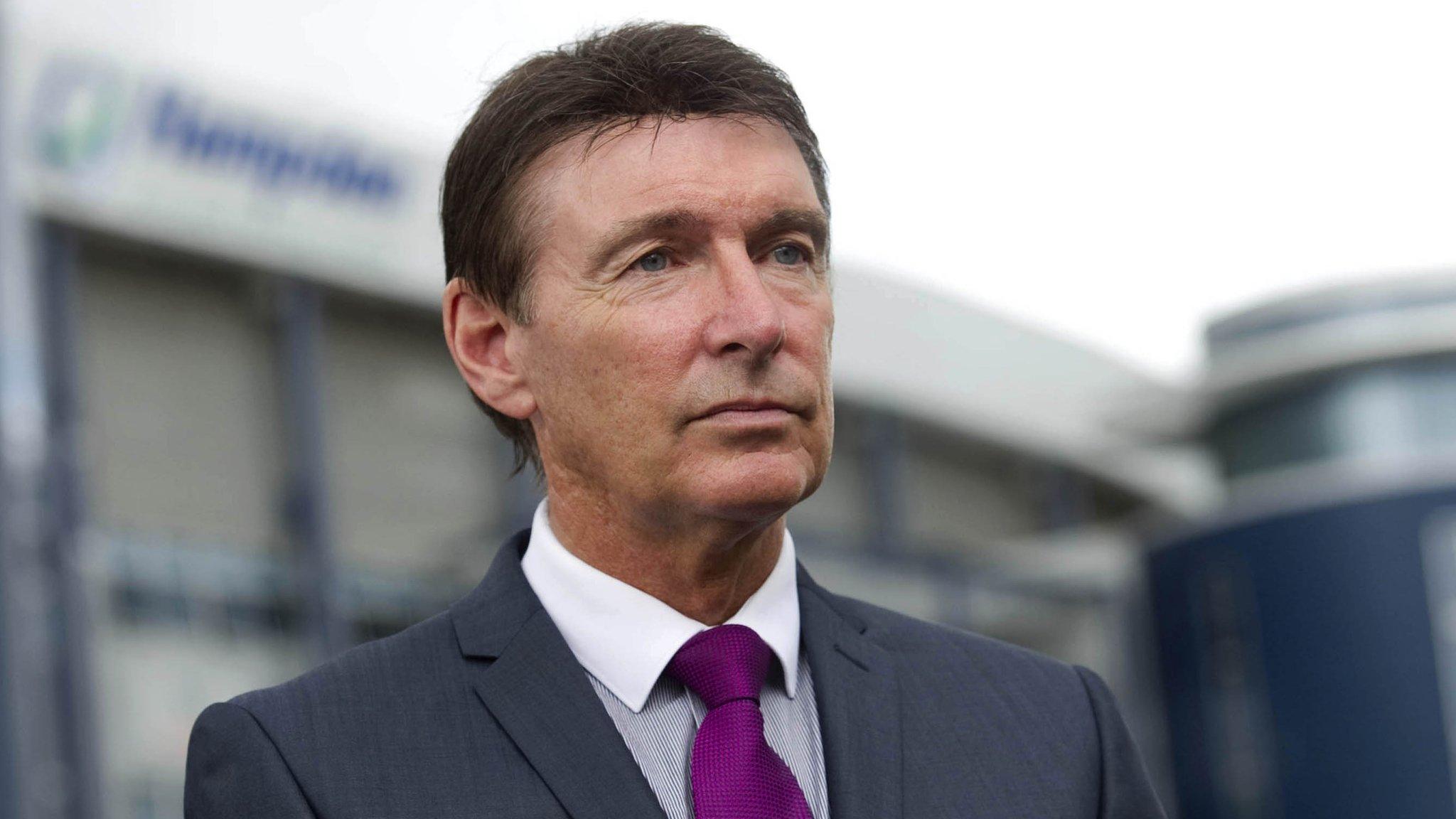The director of football debate - how well does the role work?
- Published
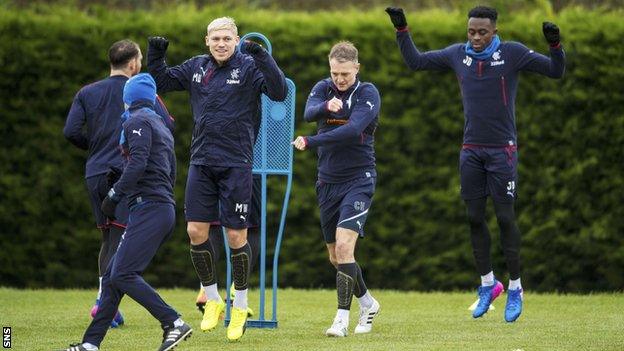
Rangers' players are waiting to find out who will be their new manager or head coach
The news that Rangers plan to appoint a director of football as part of their new management structure has sparked debate in Scottish football.
When Ibrox managing director Stewart Robertson mentioned the issue in the wake of boss Mark Warburton's departure, he spoke of a desire to ensure the same philosophy remains at the club even if a manager does not.
Former Rangers director of football Gordon Smith believes it is the right way for the club to go and the model has proved popular abroad, leading many clubs in the UK to follow suit with varying degrees of success.
BBC Scotland counselled the opinions of managers and coaches on the pros and cons of the role.
'There are always conditions'
Celtic manager Brendan Rodgers (on Saturday): "My feeling on it is, up here in Scotland, I'm not sure you need it [a director of football].
"It really just depends on the experience and the level of the manager that you bring in. Some circumstances will show that it may work well.
"It's certainly something that we don't need here. For us here at Celtic, it's pretty straightforward, it's simple. I always think that less is more. Sometimes you can have more people involved and it dilutes the product.
(earlier this week) "What is important is that there is that alignment between the manager and the director of football. It depends what the job description is, what the role is, and if you're clear on it, then it's no problem.
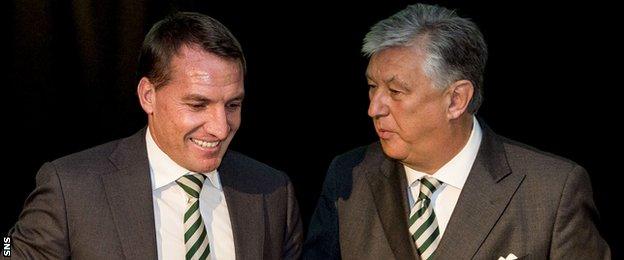
Rodgers says Celtic chief executive Peter Lawwell "looks after the business brilliantly"
"In Europe it happens a lot, where the director of football, along with his scouting team, will pick the players and the manager will manage and coach them.
"It's always been a wee bit more difficult to implement in Britain, purely because the notion here is that the manager is the one who has the eye for the players and can manage the players, and if you bring in a manager, you put the trust in him to develop them and choose players that fit the way you want to play. That's not to say it doesn't work, it just depends on the structures at the club.
"I could work with it, but there are always conditions. I prefer to be in the situation I'm in now. I work very closely with [chief executive] Peter Lawwell. I look after the football side and Peter looks after the business brilliantly, and between us, we have a common interest, which is Celtic.
"When you have that from the top through to the manager it gives you a greater chance to succeed. When the point comes for me to move on, someone comes in and it's quite a fluid transition."
'When something is new here, we all freak out'
Hearts head coach Ian Cathro (who works under director of football Craig Levein): "If there's debate about it, it's probably because you don't really understand it. There's a model like this and a model like that - pick one and get on with it. The debate is a lack of understanding, but they're just different models of how you want to operate a football club.
"Some clubs will operate slightly differently in what the director of football does, some just operate with maybe a head of recruitment which focuses on those things, some are more in the business, some are more in the football - it'll always be slightly different.
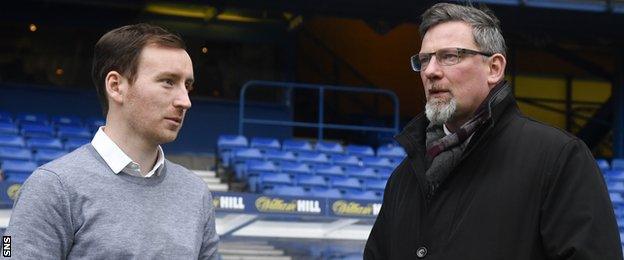
Cathro and director of football Craig Levein previously worked together at Dundee United
"Like many things, when something is new here, we all freak out and throw our toys all over the place and get scared as if it's a witch hunt and some crazy thing's coming to town that we don't understand and it's not, it's football; 2017 - football's big business, it's completely normal.
"I'm here because of the way this club operates and that's the way I consider things."
'They have to be on the same wavelength'
Hibernian head coach Neil Lennon: "It depends on how each club wants to run their club, if it's conducive to what they want to do. It's more to do with bringing in coaches and having the structure in place, and then they go bang, coaches in, here's your structure, here's how it works. People know about it when they go into jobs so they shouldn't really complain about it once it's there.
"At Celtic I had John Park - he wasn't a director of football per se, but he was as good in the role he did for me and my staff and the players as well. Yes, it does work but equally, if you've got a management system in place with a good scouting network that can easily work as well.
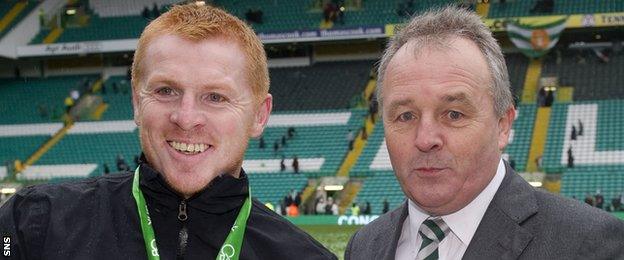
Talent scout John Park (right) worked with Lennon as head of football development at Celtic Park
"The manager and director of football have to be on the same wavelength as to how the team wants to play, and the recruitment of players. It's an idea that's not new; it's been around for 10-12 years now.
"What it does is take a lot of the workload away from the manager, so he can concentrate on the day-to-day running of the first-team squad, which is the most important thing. The wages, that's down to the director of football and the board, and the manager can stay well away from that."
'There can be friction if you don't have the dynamic'
Former St Mirren boss and Genk assistant coach Alex Rae: "Some will touch on the finances, some might have control over the players coming in.
"Having worked under a director of football [at Genk], he picked every single player that came into the football club. The philosophy and the thinking, from him in particular, was that 'you are the head coach so you prepare them and get the results. If it goes wrong then you are not too good because I've picked proper players'. That was his outlook.
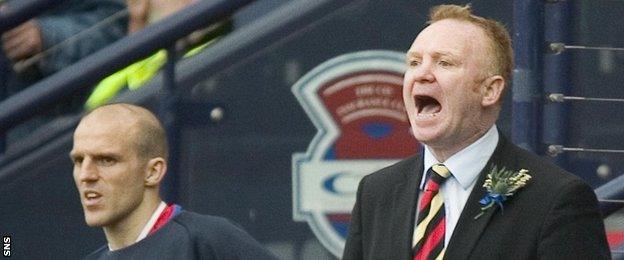
Rae (left) played for Alex McLeish at Rangers before the pair worked together at Genk
"Me and [former Genk manager] Alex [McLeish] went to this guy's house one night and we had dropped a player. He was posted missing for a month, never came back, so big Alex said we need to punish him to show in the dressing room that this was not being tolerated. We were going to send him to the reserves for a week and within two days he stopped turning up.
"The director of football was saying you need to bring him back in but Alex said he wasn't doing it. He was basically saying that because we weren't picking him, we were costing the team. This was the kind of friction you can have with a director of football if you don't have the dynamic."
- Published17 February 2017
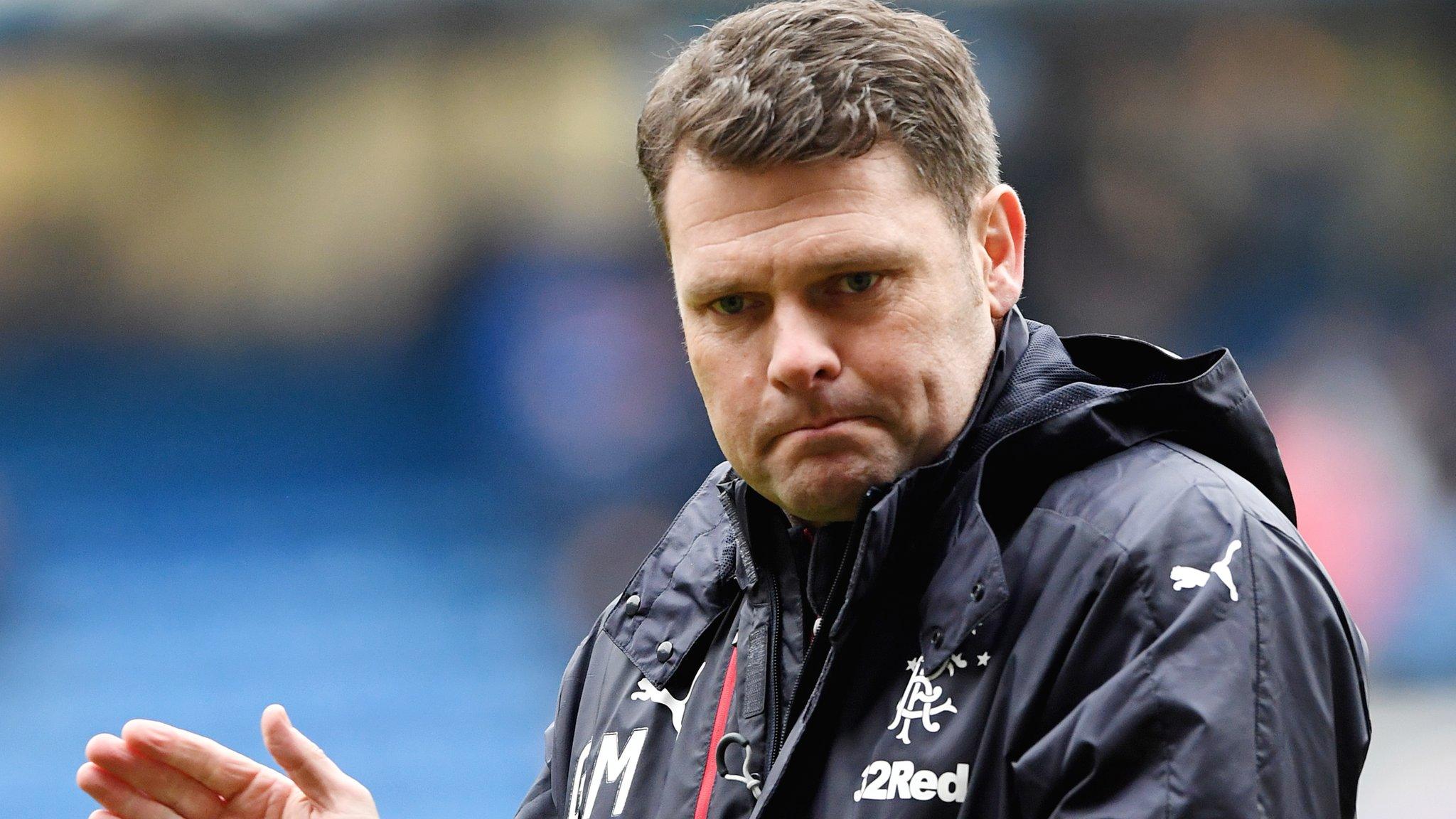
- Published17 February 2017
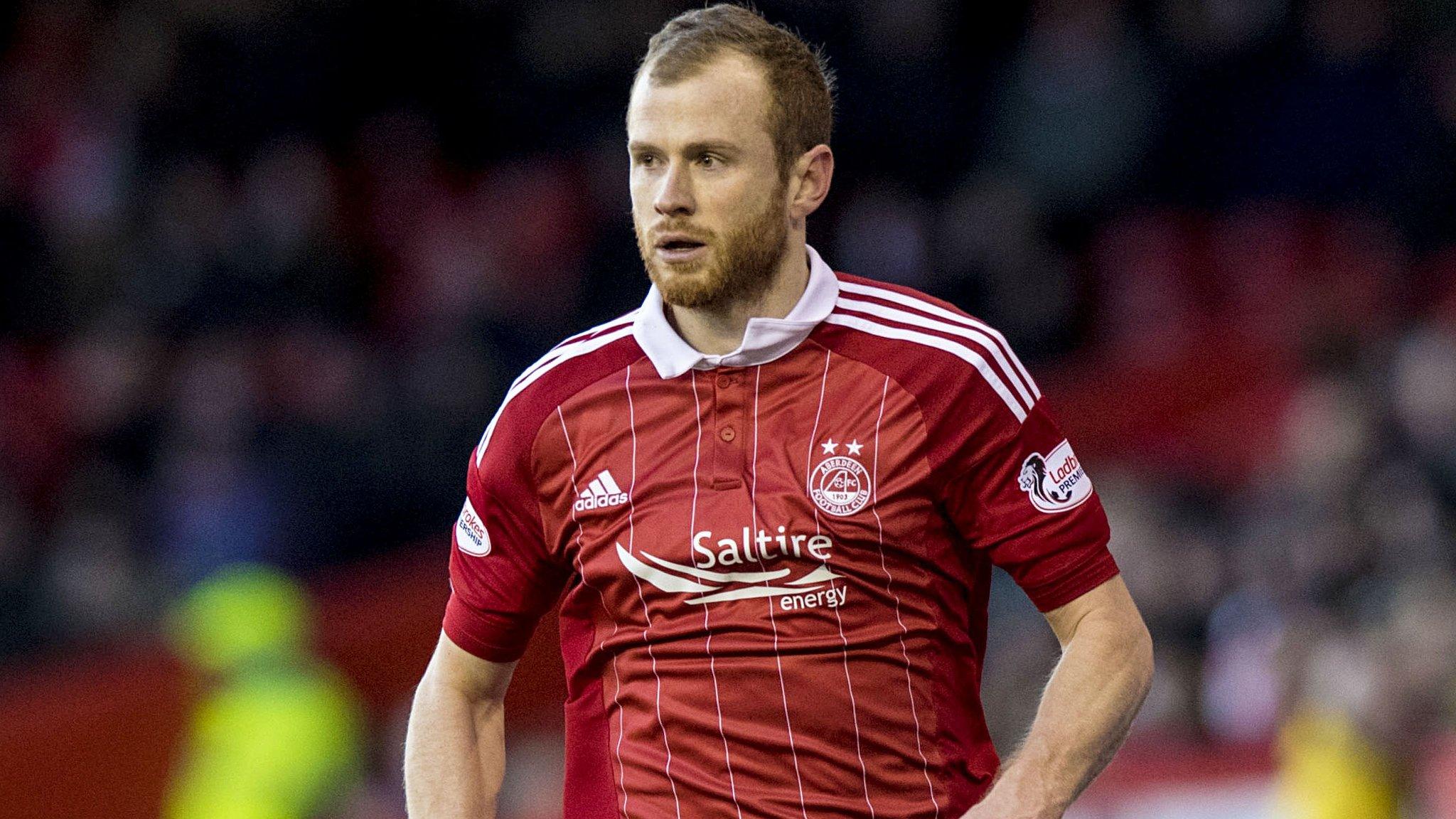
- Published15 February 2017
